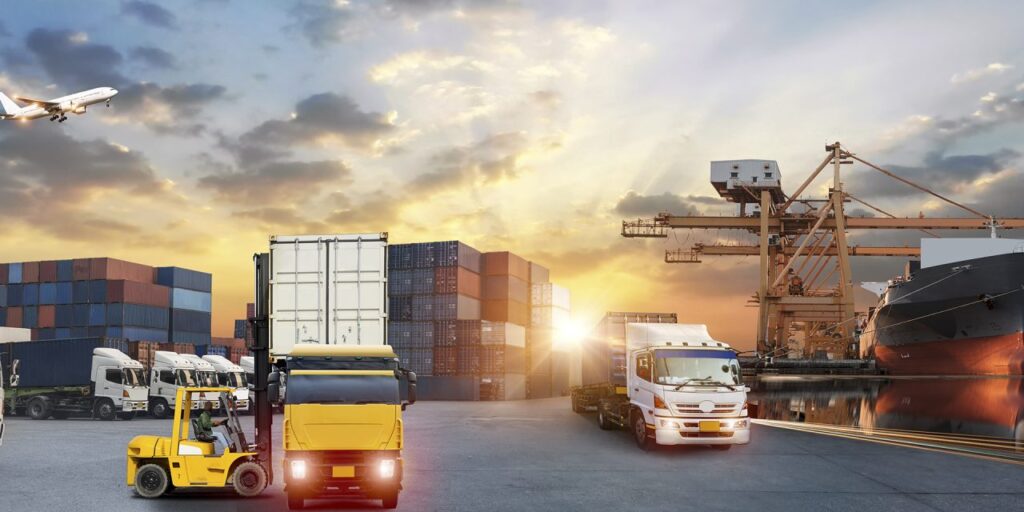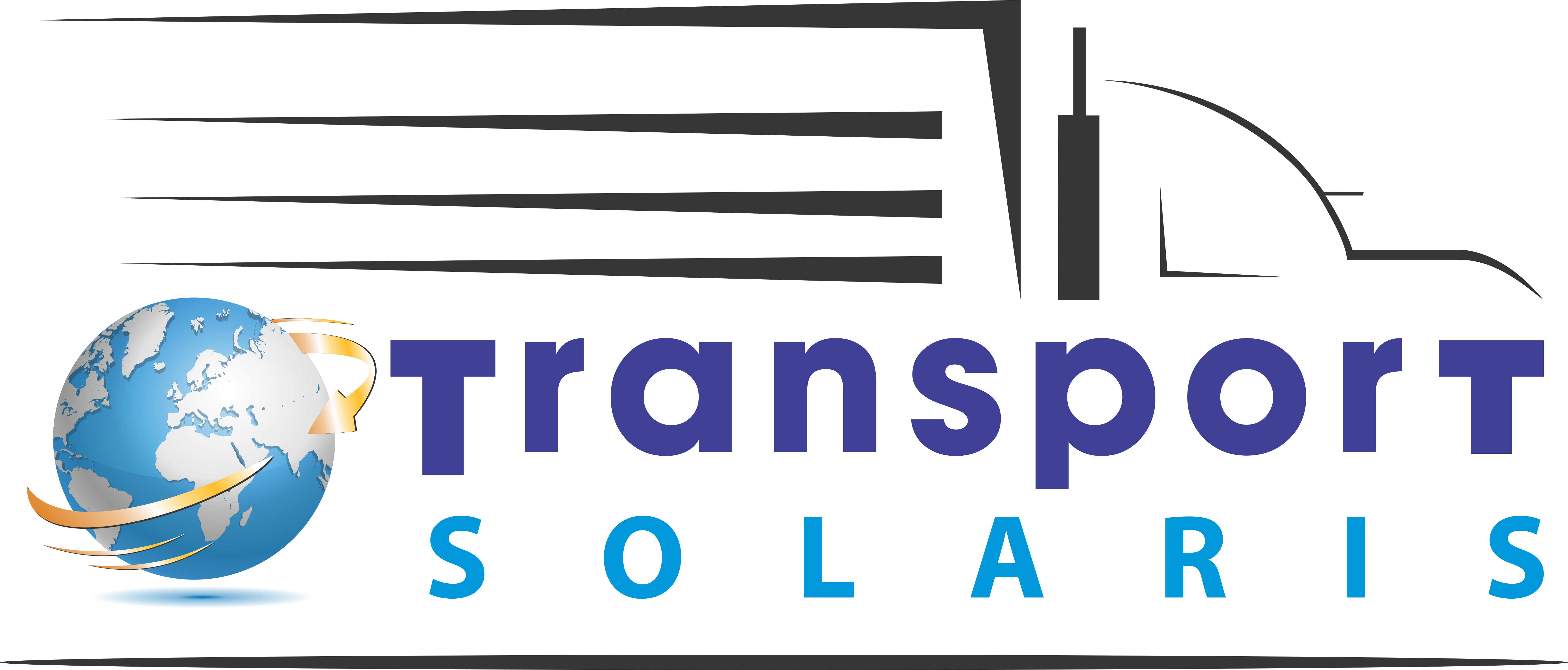Road transportation is one of the most vital components of the logistics industry, facilitating the movement of goods and people over short and long distances. As a versatile mode of transportation, it plays an essential role in connecting various sectors of the economy and ensuring the smooth flow of commerce.

( Picture: lokaport.com.vn )
Key Features of Road Transportation:
1. Flexibility: Road transport offers unmatched flexibility. Vehicles can be dispatched on short notice, and routes can be adjusted to meet changing demands. This flexibility is critical for companies needing to adapt quickly to market shifts or customer requests.
2. Accessibility: Roads reach almost every corner of the globe. Unlike railways or air transport, which are confined to specific routes, road networks connect urban and rural areas alike, providing access to remote locations.
3. Cost-Effectiveness: For many businesses, especially small and medium-sized enterprises, road transportation is a cost-effective solution for moving goods. It often requires lower capital investment compared to rail or air transport, making it a viable option for smaller shipments.
4. Speed: With no need to adhere to rigid schedules or wait for train timetables, road transport can provide faster service, especially for short distances. Same-day and next-day delivery options are increasingly becoming standard expectations among consumers.
Types of Road Transportation:
1. Freight Transportation: This involves the movement of goods, which can range from raw materials to finished products. Freight transportation can be categorized further into full truckload (FTL), less-than-truckload (LTL), and intermodal transportation, where different modes of transport are used in a single journey.
2. Passenger Transportation: Buses and other vehicles transport people, providing essential mobility for commuters, tourists, and students. Public transportation systems rely heavily on road networks to operate efficiently and serve their communities.
Challenges of Road Transportation While road transport has many advantages, it also faces several challenges:
1. Traffic Congestion: Urban areas often experience significant traffic congestion, leading to delays and increased operational costs. Businesses must account for potential delays in their logistics planning.
2. Environmental Impact: The road transportation sector contributes to greenhouse gas emissions and air pollution. As awareness of environmental issues grows, companies are under pressure to adopt greener practices, such as using fuel-efficient vehicles or transitioning to electric fleets.
3. Safety Concerns: Road safety remains a critical issue. Accidents can result in loss of lives, injury, and damage to goods, which can have far-reaching implications for logistics and insurance costs.
4. Infrastructure Quality: The condition of road infrastructure varies significantly between regions. Poorly maintained roads can lead to increased vehicle wear and tear and higher costs for companies relying on road transportation.
The Future of Road Transport
The future of road transportation is rapidly evolving due to advancements in technology and changing consumer demands. Key trends include:
1. Autonomous Vehicles: The development of self-driving technology is set to revolutionize road transport. Autonomous trucks could improve safety, reduce labor costs, and optimize delivery routes.
2. Digitalization: The use of digital tools and platforms for route optimization, tracking shipments, and managing logistics is increasing. These technologies enhance transparency, efficiency, and customer satisfaction.
3. Sustainability Initiatives: The industry is moving towards greener practices, including electric trucks, alternative fuels, and better route planning to minimize emissions. Regulatory measures are also reinforcing these trends, pushing companies to invest in sustainable solutions.
4. Smart Infrastructure: Innovations such as smart traffic management systems and connected vehicles can help alleviate congestion and improve road safety, making logistics operations more efficient.
In summary, road transportation is a critical element of the logistics landscape, offering unmatched flexibility and accessibility. While it faces challenges such as congestion, environmental impact, and safety concerns, ongoing advancements and innovations promise a bright future for the industry. By embracing new technologies and sustainable practices, the road transportation sector can continue to evolve and meet the demands of a dynamic global economy.
